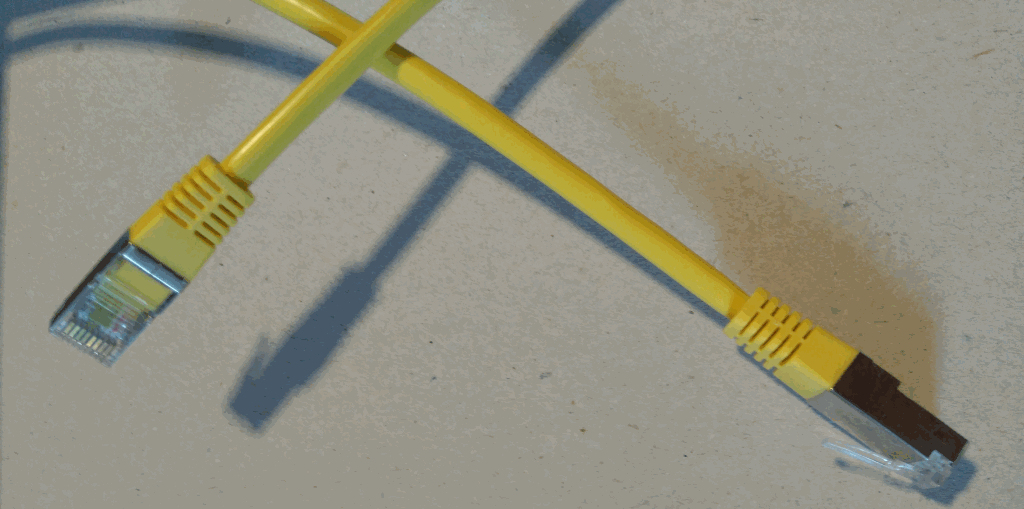Should you get a Cat6 or Cat7 Ethernet cable for your network?
 2018-04-01
2018-04-01
 HSDCable
HSDCable
 342
342
When you search on Amazon, Newegg or any other shopping site for ethernet cables, you will soon encounter terms you may not be familiar with.
The shops carry Cat5, Cat5e, Cat6, Cat6a and Cat7 ethernet cables, but how do these differ from each other?
More precisely, which cable should you pick for your home network and are there other things that you need to take into consideration?
Cat, which stands for category, defines a cable's specifications. Categories are backward compatible. A Category 7 cable, for instance, is backward compatible with Category 6 and Category 5e.

The most important parameters are maximum transmission speed, shielding, the supported distance and price.
| Cat5 | Cat5e | Cat6 | Cat6a | Cat7 | |
| Maximum speed | 1000 Mbps | 1000 Mbps | 10000 Mbps | 10000 Mbps | 100000 Mbps |
| Maximum bandwidth | 100 MHz | 100 MHz | 250 MHz | 500 MHz | 1000 MHz |
| Distance | 100 meters | 100 meters | 55 meters * | 100 meters | 15 meters ** |
* Goes back to 1000 Mbps if the distance is between 55 and 100 meters.
** Speed drops after 15 meters, supports 100000 Mbps up to 100 meters.
As far as price is concerned: the higher the Category the higher the price. Price does not really play much of a role if you just need to connect a computer to a router but it makes a difference if you cable your entire apartment, house or Office building.
Short range Cat7 Ethernet cables are not expensive. You can grab a pack of 2 Cat7 Ethernet 2m cables on Amazon for $8.99, and a ~7.50m cable for $12.98.
A three meter Cat6 cable is available for $6.29 and a 15 meter Cat6 Ethernet cable for $11.90.
Which cable should you get?
The question remains, which cable should you get? The answer depends on your situation. My suggestion is that you pick a Cat6a or Cat7 Ethernet cable even if your network equipment does not require it right now. Getting these cables means that the cable is future proof when you install faster equipment.
If you need to cable your entire house, I'd suggest you go with Cat7a if you can afford it and want to be as future proof as possible as you get a maximum speed of 40 Gigabit Ethernet up to 50 meters and 100000 Mbps Ethernet up to 15 meters.
You may also pick Cat6a or Cat5e instead which are cheaper and should work equally well in most scenarios. Cat5a's main advantage besides price is that it is more flexible than Cat6 or Cat7 cables.
Most home routers, motherboards and standalone Ethernet cards support up to 1 Gbps which all modern Ethernet cables support.
So, any Cat5e or higher cable works fine in that case and if you don't care about how things may change in the next 5 or 10 years, you can pick a Cat5e cable and get max speed out of your devices.
Now You: Which Ethernet cables do you use, and why?




